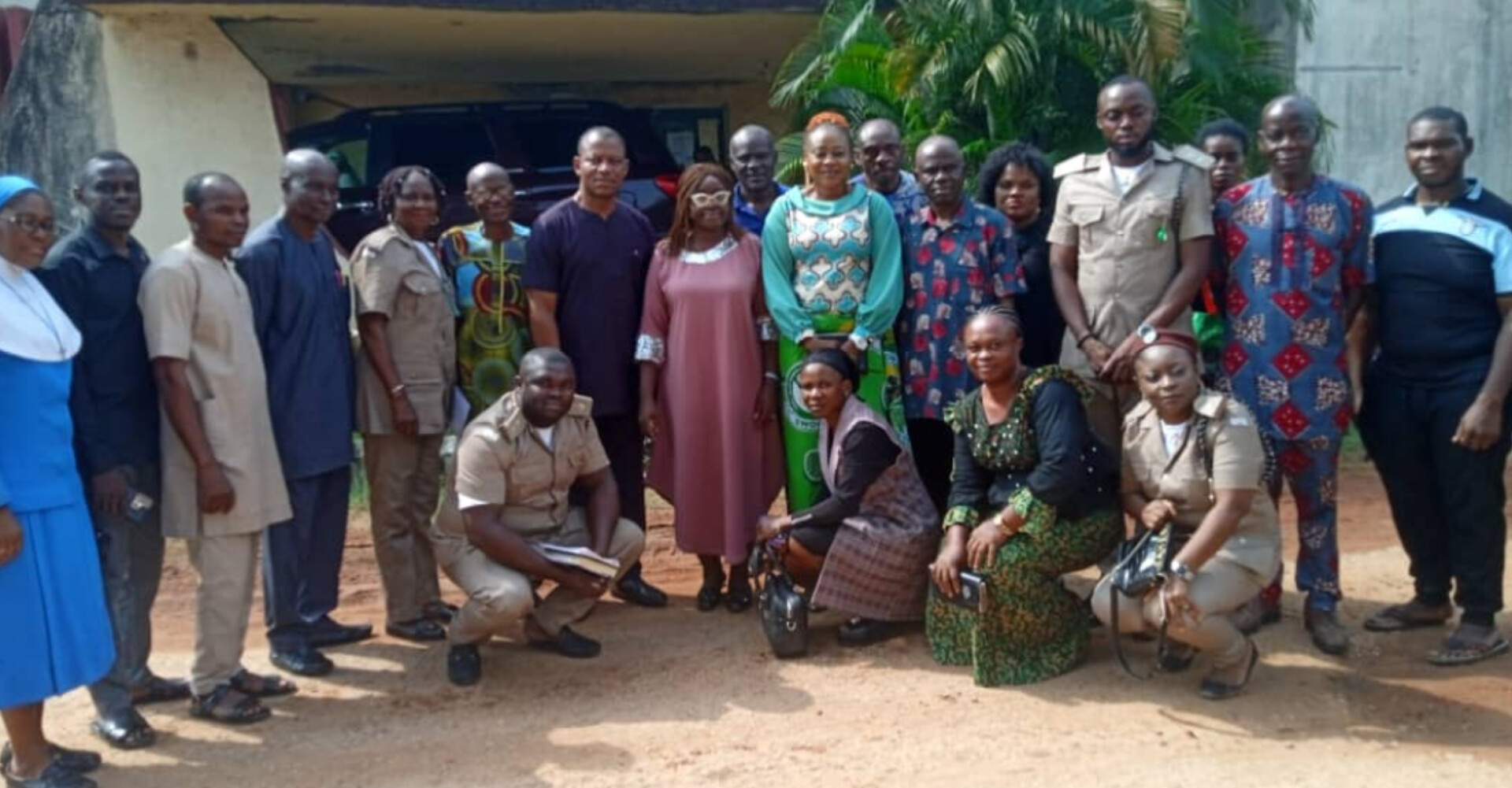Anambra State Government over the weekend conducted training for over 150 farmers and stakeholders on how to preserve their agricultural produce using safe methods, just as it embarked on an inspection tour of some agro-allied establishments.
The two-day training held at the Agricultural Development Programme (ADP) Hall, Ministry of Agriculture, was organized by the Produce Department.
“We want to make sure produce are good enough for consumption and help those who are involved in value chain activities. So, I enjoin us to open up and soak every bit of information,” he added.
Permanent Secretary in the Ministry, Mrs Ifeyinwa Uzoka called on the participants to disseminate information about the Neem leaves potentials and adopt the technique of turning it into produce preservatives.
She noted that it was important for all stakeholders to collaborate through training and sensitization campaigns to address issues.
Conducting practical sessions, resource person, Dr Obigwe Chukwuma demonstrated the use of organic matter, Neem leaves, oil, and cake amongst others as natural preservatives, fertilizers, and pesticides.
“Information on the utilization of plant extracts such as those of neem oil, neem cake, neem seed kernel, and neem leaf should be made available for the farmers and other grain keepers for safe and economic preservation,” he explained.
Chukwuma, who is the Chief Executive Officer of Royal Neem Ltd, explained that preserving produce in a natural way results in healthier humans and reduces the need for chemical interventions.
He affirmed that the organic method of preservation was a much more sustainable process.
Speaking during an inspection tour of some establishments, Acting Director of Produce Department, Mrs Uzoamaka Emeagwali, said the event was staged to sensitize farmers on safe methods of preserving agricultural produce.
She lamented that poor storage methods, adulteration, and unhygienic ways produce were being handled by processors and marketers in the state necessitated the training programme.
According to Emeagwali, prevalent unwholesome practices was raising concerns among stakeholders about the attendant health risks, expressing commitment to sustain the exercise.
She affirmed that government was playing its role to sensitize the people as well as stakeholders on the best practices to handle and process agricultural produce.
Establishments inspected by the team include Belga Nig Ltd, Palm Fruit and Kernel Processing, Abagana, Tony silver Industry Ltd, Palm Kernel Crushing Mill, Umuokpu and Wisdom Pack Rice, Agu Awka.
On arrival at Tonysilver Ltd, Managing Director, Engr Sylvester Ofodile, who was on ground to receive the team explained the stages of production in processing palm kernel.
Mr Louis Ime Kalu, a Resource Person and Director of Produce, Abia State Ministry of Trade, Commerce and Industry, demonstrated how to determine the quality and free fatty acid of the palm kernel.
“The higher the free fatty acid, the higher the cholesterol in the oil. So, that is what we are trying to ascertain,” he said.



